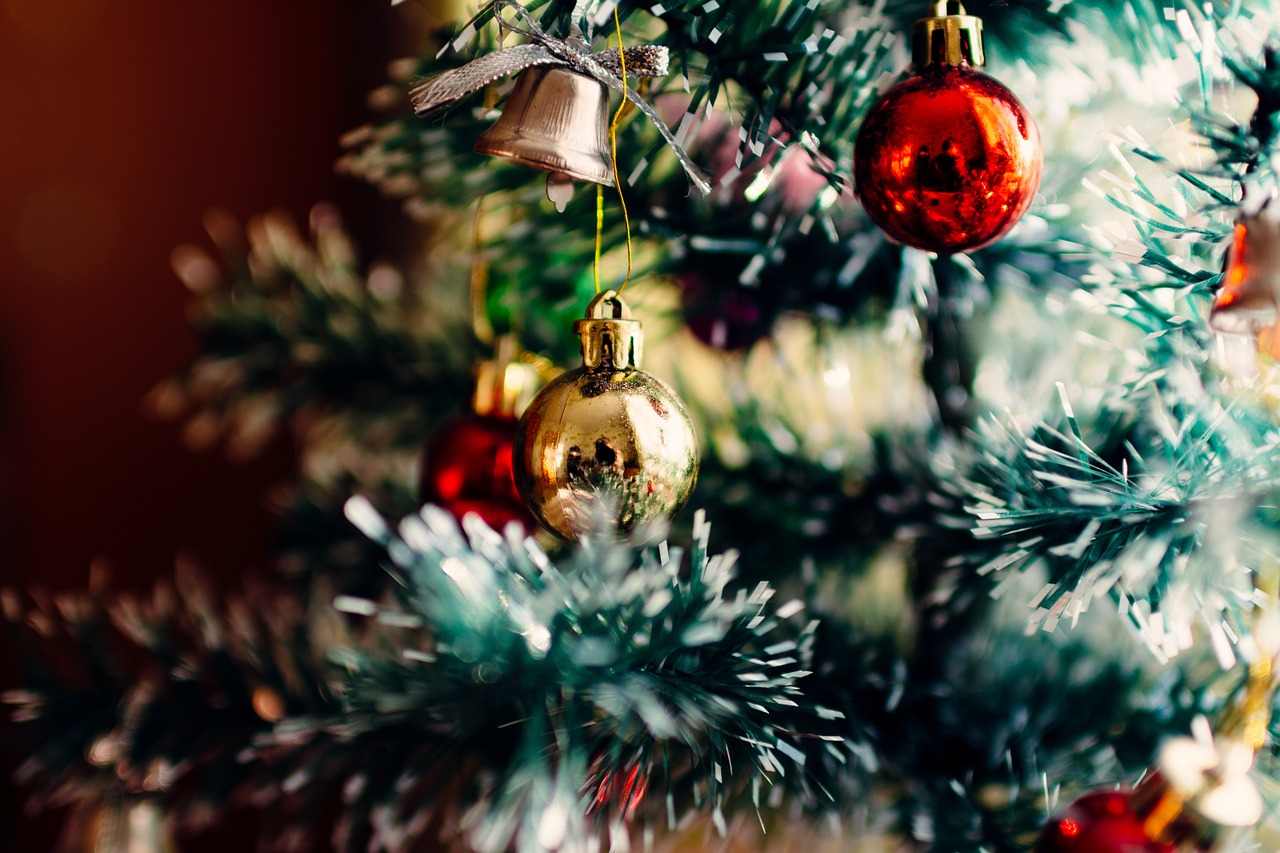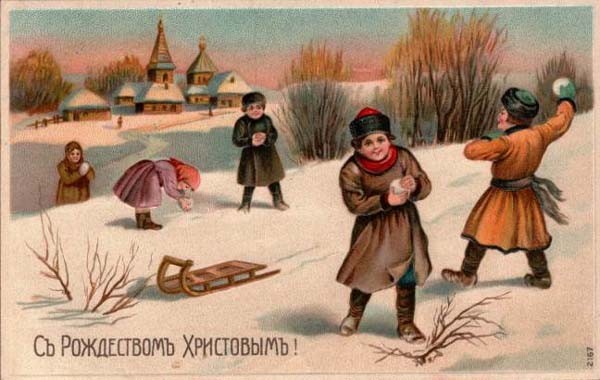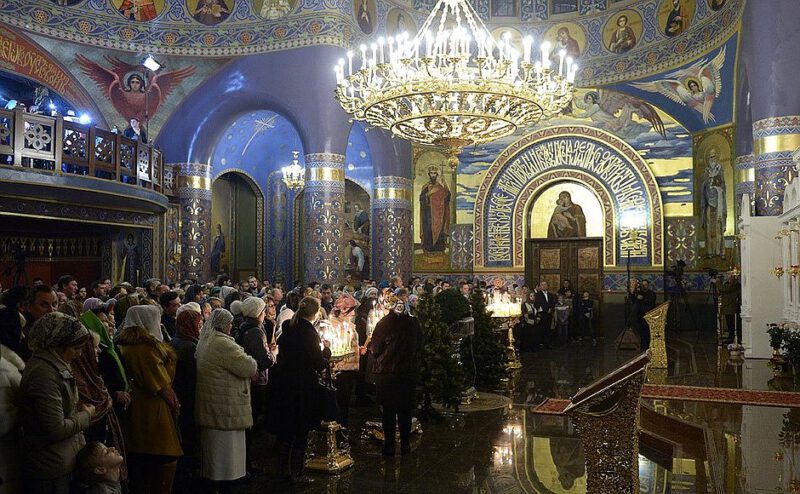Russian Christmas – History and nowadays
The first thing you usually hear about the Russian Christmas is that it is celebrated not on the 25th of December, but on 7th of January. The reason for that is that Russian Orthodox church uses the old Julian calendar for religious celebration days while Catholic church uses the Gregorian one.

Stay with us and learn more about the Christmas in Russia from today’s story!
The beginnings of Christmas and Christmas traditions in Russia
Russians started to officially celebrate the Christmas holiday in the late 10th century thanks to Prince Vladimir who baptized Russia.
Historians note that the tradition of decoration the exteriors of buildings with branches of coniferous trees in Russia was first appointed by royal decree on January 1, 1700 (at the time of Peter the Great), but it had nothing to do with the tradition of bringing a coniferous tree for Christmas at home and decorating it.
Until the middle of the 19th century, the custom of decorating a Christmas tree did not exist in Russia. Neither A. S. Pushkin, nor M. Yu. Lermontov have ever seen a Christmas tree in their life. In the literature, Christmas trees were not mentioned until the early 1840s. Immediately after, the Christmas tree was already being mentioned, but as a big novelty. In the middle of the forties, there were some surprised mentions that “in Russian houses, the custom of German is adopted…”. This innovation was experiencing an extraordinary rise in interest in the mid-1840s, so that in the late forties, St. Petersburg has already had Christmas trees everywhere. F. M. Dostoevsky in the story “The Fir-tree and the Wedding” of 1848 mentions the Christmas tree as something already known.

Christmas at Soviet times
Following the revolution in 1917, Christmas was banned by the Bolsheviks in 1929 as a continuation of the state policy of atheism. Christmas tree and related celebrations were gradually eradicated. When people wanted to celebrate Christmas, they had to do it in secret within a circle of their families.
In 1935, many Christmas traditions were re-adopted as part of a new secular New Year celebration. Among these were the decoration of a tree, festive decorations of the house and family gatherings, the visit by gift-giving Дед Мороз (“Grandfather Frost” – a Russian version of Santa Claus).
Return of Christmas to Russia
After the collapse of the Soviet Union in 1991, people were free to practice religions and to celebrate Christmas again. But Christmas never gained back its former importance. The New Year, maybe because it comes earlier than Christmas, is a much bigger and louder celebration in Russia. For Russians, the gifts and Christmas tree are the attributes of the New Year and not Christmas.
Some people do not celebrate the Christmas at all, but when they do, they usually have a family dinner. Some of them attend a Christmas liturgy and visit relatives and friends. There is a 40-day Lent preceding Christmas Day, when practicing Christians do not eat any meat, diary products and eggs (not mentioning the obvious alcohol). The Lent period ends with the first star in the night sky on January 6 – a symbol of Jesus Christ’s birth. The difficulty of this Lent is that is falls on the New Year’s Eve, so only the strong in their Orthodox faith ones are able to actually follow it.

Christmas as an official holiday
Orthodox Christmas is a national holiday in Russia, so banks and public offices are closed on January 7. If Christmas Day falls on a weekend, the non-labor day moves to the following Monday. Russian authorities may sometimes declare a national vacation from January 1 to 8 due to the close proximity of New Year’s holidays (January 1-5), Christmas and the weekends between these two holidays.
How to say “Merry Christmas” in Russian
С рождество́м! [s razh-deest-vóm] – this is how Russians wish each other Merry Christmas. It literally means “With Christmas” and implies “I congratulate you with Christmas”.
You can also say Счастли́вого Рождества́! [scheest-lée-va-va razh-deest-vá] which literally means “Merry Christmas” but is used a bit less often.






